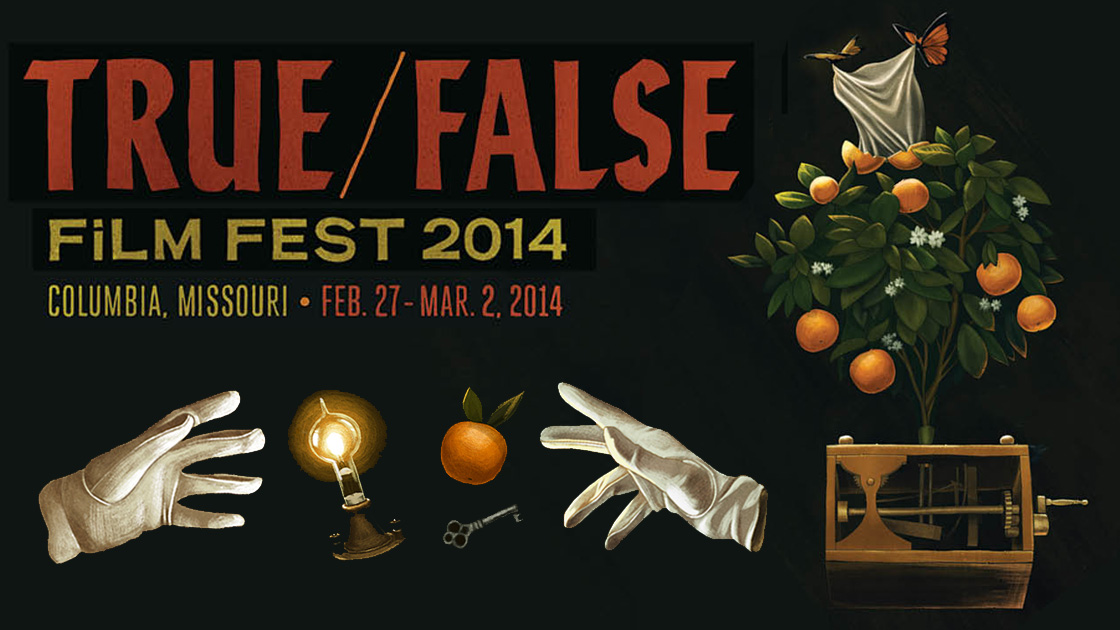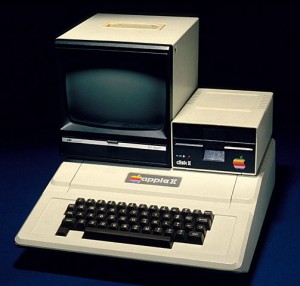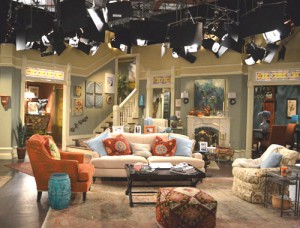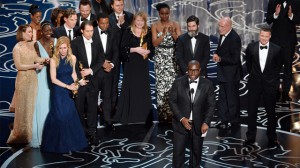
Klout attempts to quantify the ephemeral, subjective concept of online influence through social media analytics. What does such a number mean for how we consider self-presentation online?
Read more »

Klout attempts to quantify the ephemeral, subjective concept of online influence through social media analytics. What does such a number mean for how we consider self-presentation online?
Read more »

How to transform the potential of online communities like Simple Machine into local, public support for independent filmmaking?
Read more »

The politics of Disney's Frozen are indicative of symptomatic shifts within an otherwise largely entrenched ideological core.
Read more »

What I am interested here is the audience of forensic textual foragers that, like the true detectives themselves, followed the scattered bread crumbs that led towards, not the yellow brick road, but the yellow king and the city of Carcosa.
Read more »

Each winter, as February becomes March, Columbia, Missouri transforms itself into a grand stage for the True/False film fest, a four-day international nonfiction film festival.
Read more »

Continuing to think about LEGO, the idea of “creativity,” and the unequal extension of that idea to different consumer groups.
Read more »

Now in its eleventh year, Columbia, Missouri’s True/False Film Festival is rapidly becoming a major stop on the North American festival circuit.
Read more »

While Internet denizens celebrate the web’s “official” 25th anniversary today, we might pause to recognize how confusing and uncertain “inventions” and “births” sometimes are.
Read more »

What I mean by “transnational television co-production,” the tensions that shape it, and why I think it’s worth studying.
Read more »

To paraphrase Robert Allen and Douglas Gomery in Film History: Theory and Practice, media depends on machines. Technology contextualizes industrial and stylistic change, reveals and obscures sites of cultural negotiation and meaning, and enables new modes of media production, circulation, and reception. The significance of technology to media studies has only become more acute...
Read more »

How do we teach television aesthetics, and what does it mean to analyze or evaluate television aesthetics?
Read more »

The 2014 Oscar theme may have been “Heroes in Hollywood,” but the narrative that formed was the film industry’s contestable progress and diversity.
Read more »